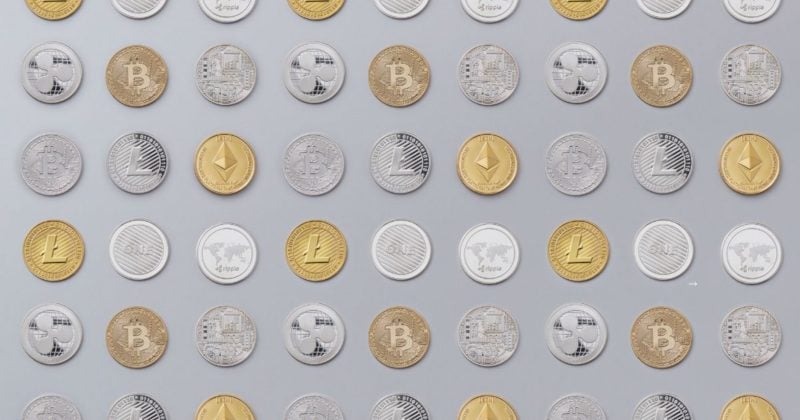Key Takeaways
- Scammers are using fraudulent Google ads to impersonate Usual Protocol and steal crypto assets.
- Users are advised to manually verify website addresses to ensure authenticity and avoid scams.
Share this article
Scam Sniffer analysts have identified fraudulent Google ads impersonating Usual Protocol that redirect users to fake websites designed to steal crypto assets.
🚨 ALERT: Beware of scam ads on Google impersonating Usual Protocol.
These scam ads could steal your assets if you click them & connect wallet & sign transactions. pic.twitter.com/E8OE2oaheh
— Scam Sniffer | Web3 Anti-Scam (@realScamSniffer) December 28, 2024
The malicious advertisements appear at the top of Google search results when users search for “Usual Protocol,” positioning themselves above the legitimate website. These ads closely mimic Usual Protocol’s branding and language to appear authentic. This placement potentially leads users to click through as many tend to click on the first few results they see.
Victims who click on these deceptive ads are directed to a fake website that attempts to gain access to their digital assets through two primary methods: requesting wallet connections from services like MetaMask or Trust Wallet, and prompting users to sign malicious transactions that transfer assets to scammers.
Scammers are increasingly leveraging Google’s advertising platform to create malicious ads that lead users to fake websites. They often bid on keywords related to popular wallets and platforms, creating ads that closely mimic legitimate services.
Once users click on these ads, they are redirected to phishing sites that appear authentic but are designed to harvest sensitive information like wallet passphrases.
Earlier this week, Scam Sniffer reported a similar scam targeting Pudgy Penguin users through malicious Google ads containing suspicious JavaScript code that detects crypto wallets.
🚨 URGENT SECURITY ALERT 🚨
1/6 A user reported being redirected to a fake @pudgypenguins website through a Singapore news portal. Our investigation revealed this is part of a larger malicious advertising campaign. pic.twitter.com/Izv3f87WrX
— Scam Sniffer | Web3 Anti-Scam (@realScamSniffer) December 25, 2024
When these scam ads identify a crypto wallet, users are redirected to counterfeit versions of legitimate platforms where scammers can harvest personal information or gain unauthorized access to funds through wallet connections.
Users are advised to always verify website addresses directly and never connect their crypto wallet to a site they are not 100% certain is legitimate.
Share this article

